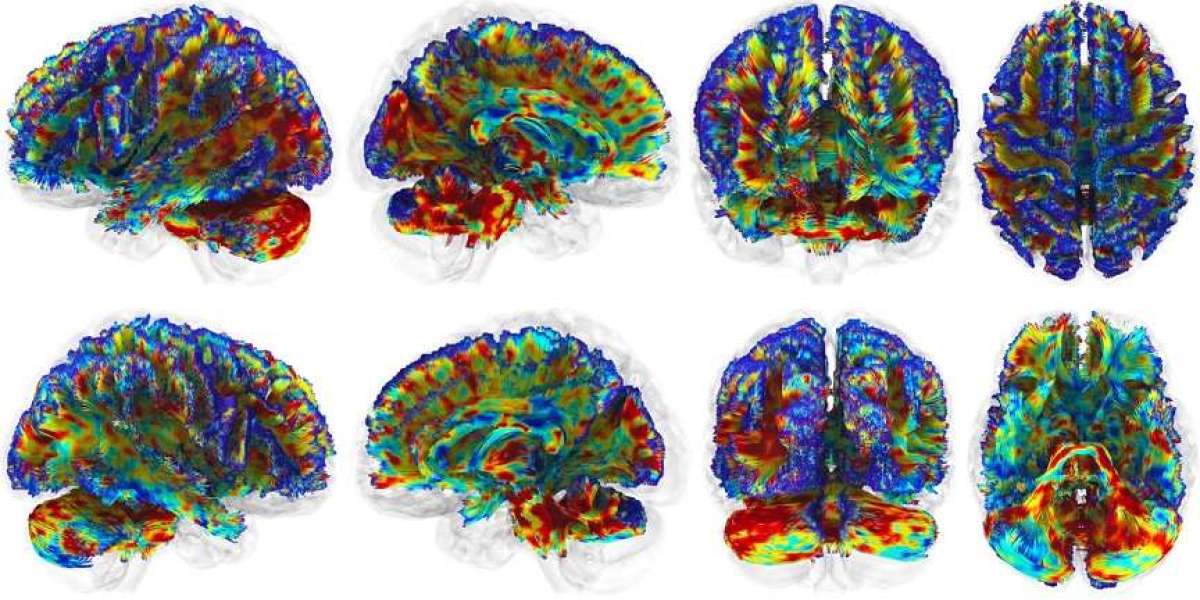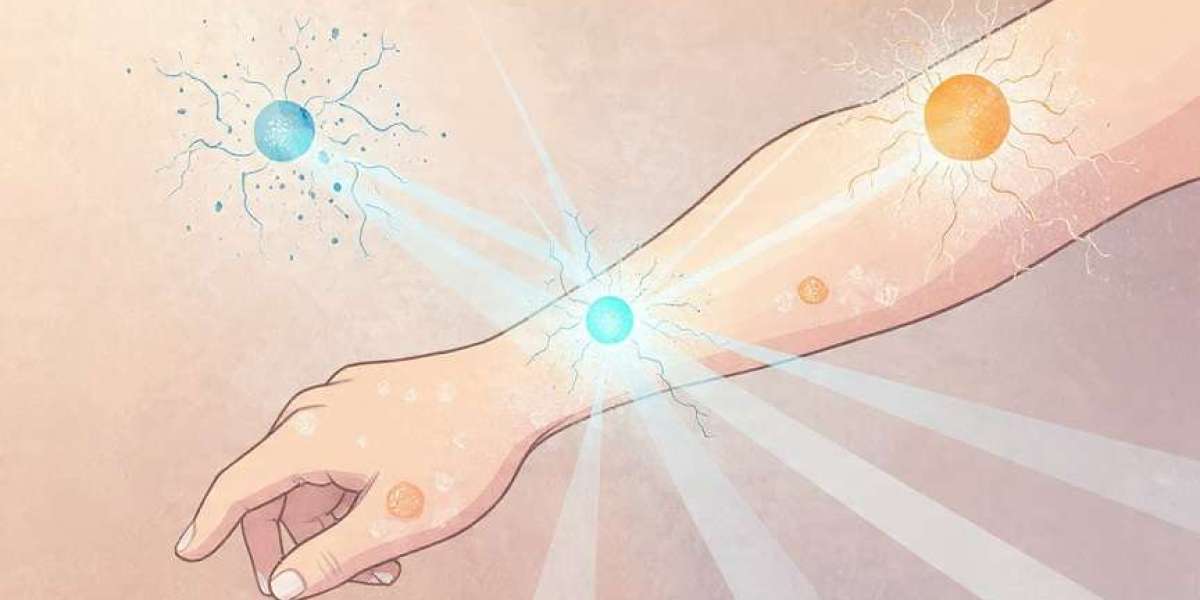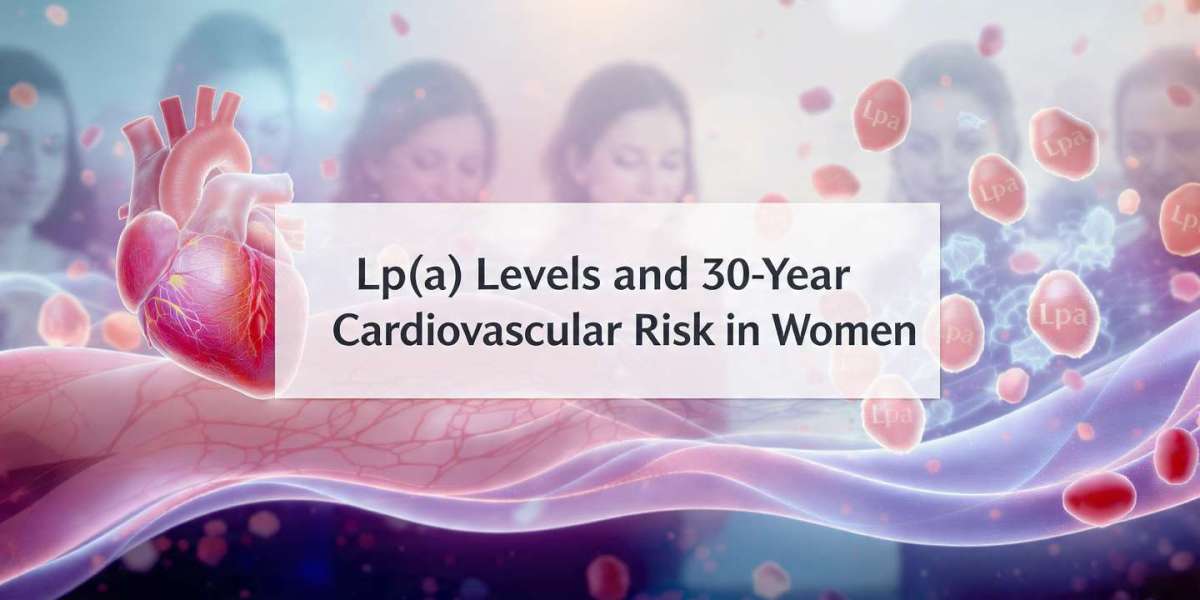article image source: theguardian.com (link) - credits-Photograph: David Gould/Getty Images
(What will be mentioned below is for advice and is not a substitute for consulting a doctor)
Despite US President Donald Trump's warnings against taking paracetamol during pregnancy due to its alleged link to autism, the latest scientific studies indicate that taking this common painkiller in moderate doses does not pose a risk to the fetus, while current medical recommendations remain unchanged.
US President Donald Trump announced on Monday during a press conference that taking paracetamol during pregnancy is associated with a "very significant" increase in the risk of autism in children.
However, scientific research does not support this claim, at a time when US Health Secretary Robert Kennedy Jr. promises to soon reveal the causes of what he has described as an autism "epidemic." This has raised concerns among experts due to the complexity of the issue and Kennedy's controversial stance on vaccines.
Paracetamol, also known as acetaminophen, is one of the most widely used painkillers worldwide, and recent studies indicate that pregnant women can take it in moderate doses without risk.
A Swedish study published in 2024 in the Journal of the American Medical Association concluded that "paracetamol use during pregnancy is not associated with an increased risk of autism, attention deficit disorder, or mental retardation in children."

Photo source: bbc.com - Photo-Credit: Getty images
The cause of the controversy
Donald Trump's statements did not come out of nowhere. The medical community debated the issue between the late 2000s and early 2010s.
At that time, calls for caution gained widespread media attention, particularly in an article signed by nearly 100 researchers and physicians and published in the journal Nature Reviews Endocrinology.
The article stated, "We recommend that pregnant women be advised, from the onset of pregnancy, to avoid paracetamol unless medically necessary." The text was criticized as alarmist.
The authors based their call on "experimental and epidemiological" data indicating that "exposure to paracetamol during pregnancy may affect fetal development."
advertisement
What is behind these concerns?
These statements are based on several studies that have examined the possibility of a link between paracetamol use and certain diseases, particularly autism.
One such study, published in 2015 in the journal Autism Research and based on Danish health data, sparked widespread controversy. It followed children up to the age of 12 and concluded that the risk of autism increased by 50 percent when the mother took paracetamol during pregnancy.
In 2025, a study compiling the results of approximately 40 studies was published in the journal Environmental Health, supporting the possibility of this link. It was explicitly cited by some members of the Trump administration.
However, many researchers believe that these studies are little more than a prelude to new research avenues, due to their methodological limitations.
They do not provide clear indications of the actual mechanisms of a potential causal relationship. For example, is paracetamol actually the cause, or are the health problems that led to its use increasing the likelihood of autism?
In contrast, the study, published in the Journal of the American Medical Association, took into account several factors that could influence the results of the analysis, including comparing the risk of autism between children from the same family, given the significant role genetic factors play in this disorder. Ultimately, the study did not show any increased risk of autism as a result of taking paracetamol during pregnancy.
The World Health Organization stated on Tuesday that "some observational studies have suggested a possible association between prenatal exposure to paracetamol and autism, but the evidence remains inconsistent."
Is paracetamol a safe option?
As with any medication, taking paracetamol during pregnancy is not without side effects. However, the main risks are associated with exceeding the recommended dose, particularly due to the potential for liver damage.
The European Medicines Agency (EMA) confirmed in a statement on Tuesday that "paracetamol can be taken during pregnancy, provided it is used at the lowest effective dose, for the shortest possible time, and as frequently as possible," noting that its recommendations in this regard have not changed.
Paracetamol remains, by far, the safest painkiller option for pregnant women, compared to aspirin and ibuprofen, which are contraindicated in the later stages of pregnancy due to the risk of fetal death or birth defects.
Thank you !












































































